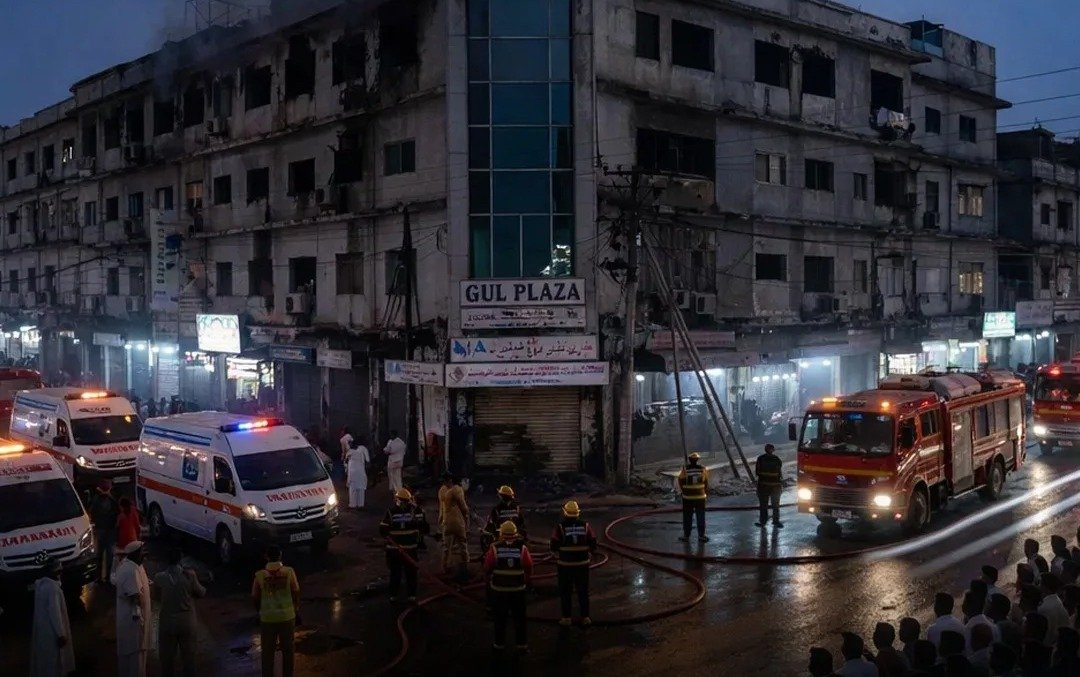In a shocking and heartbreaking revelation, senior journalist and television anchor Iqrar ul Hassan stated that the dead body of Humaira Asghar — a young woman whose mysterious death has sparked outrage — was at least nine months old when it was discovered. The statement has sent waves of sadness, confusion, and anger across the nation, raising important questions about the circumstances of her death, the negligence of the authorities, and the societal issues that may have contributed to such a tragic end.
Humaira Asghar, known to many as a vibrant and talented young woman, was reportedly missing for months before her remains were discovered in a desolate area. During his investigation, Iqrar ul Hassan revealed that the state of the body suggested it had been lying there for no less than nine months — undiscovered, uncared for, and forgotten. Such an observation points to a deep failure at multiple levels: in law enforcement, in social vigilance, and even in familial or community responsibility.
Iqrar ul Hassan, famous for his investigative journalism and exposing injustices, expressed his sorrow and frustration at how no one noticed or intervened sooner. How could a person go missing for such a long time without any meaningful investigation or resolution? His findings hint at negligence and perhaps even a deliberate effort by someone to ensure that Humaira’s disappearance remained hidden.
This incident highlights a much larger issue in our society: the lack of effective mechanisms for reporting and investigating missing persons, especially women. In many cases, missing women are either not taken seriously, wrongly blamed for their own plight, or lost in bureaucratic hurdles while their families are left helpless and in despair.
Iqrar’s words also draw attention to the need for forensic and procedural improvements in handling such sensitive cases. Determining the timeline of death accurately is crucial not only for justice but also for providing closure to the family. In Humaira’s case, if the body was indeed lying undiscovered for nine months, it suggests not only negligence but also perhaps a systemic failure to protect vulnerable individuals.
Beyond the investigation, this tragedy also invites reflection on how society perceives and treats women. Every individual, regardless of gender, deserves to feel safe and supported. When someone goes missing, the responsibility lies not only with the authorities but also with all of us to speak up, stay vigilant, and demand justice.
Humaira Asghar’s story should not just be remembered as another case file — it should serve as a wake-up call for meaningful reforms. Better reporting systems, faster police action, stronger community support, and more accountability can help prevent such heart-wrenching incidents in the future.
In conclusion, Iqrar ul Hassan’s revelation about the state of Humaira’s body is a tragic reminder of the darkness that still exists in society. May her soul rest in peace, and may her case inspire the change that ensures no other Humaira has to suffer in silence ever again.











